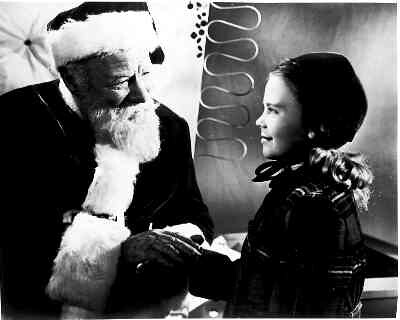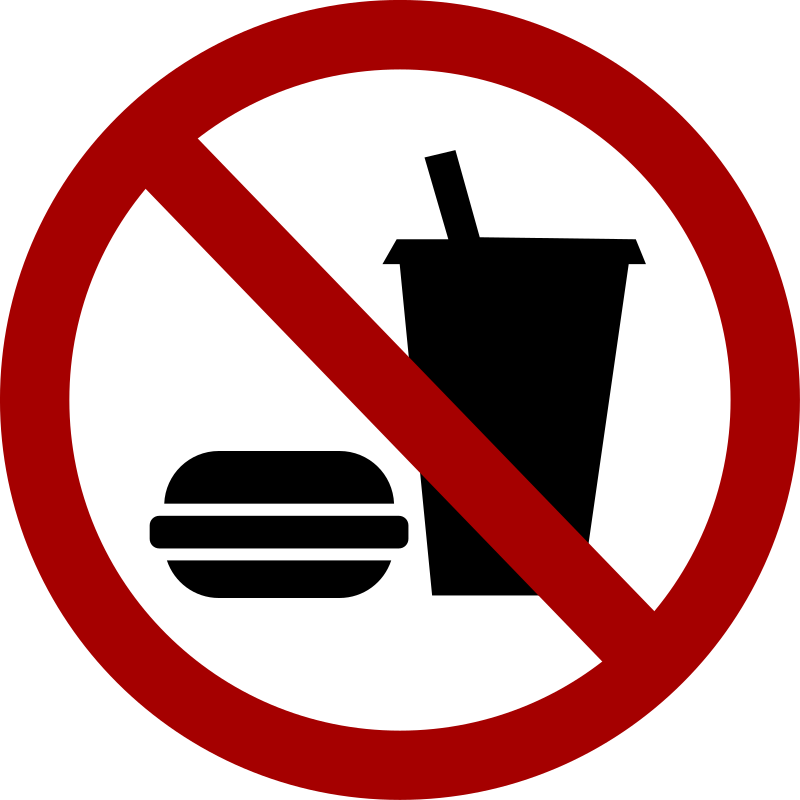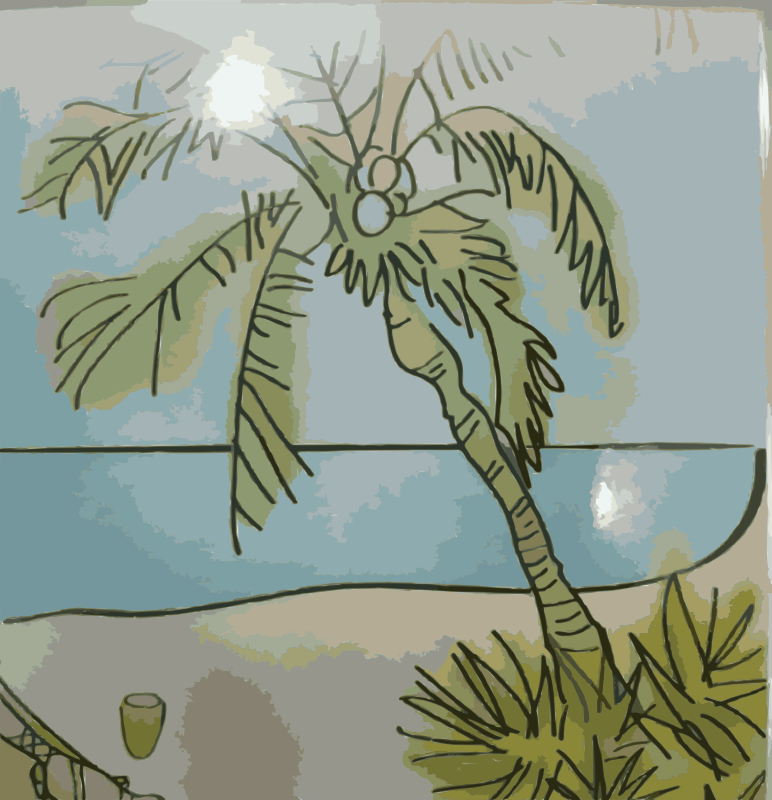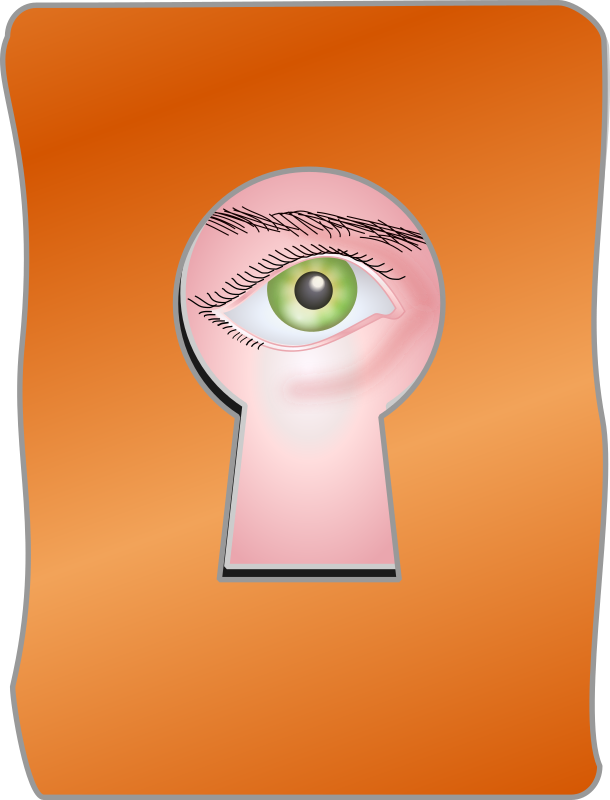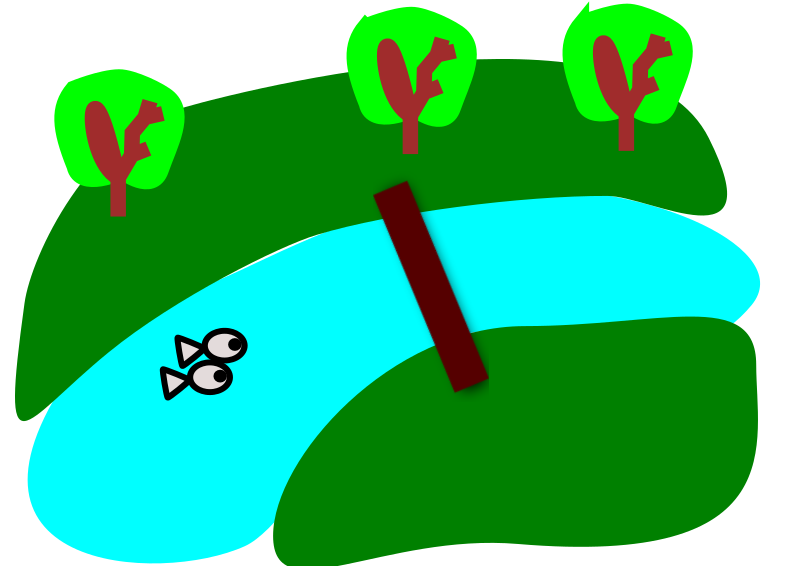Now available for pre-order!!
“All set for
your school project?” As always, my mom was standing at the stove when I
entered the kitchen the next morning. Dad was long gone on the boat, out
fishing. He would finish up about the same time I finished school, leaving him
free to greet me when I came home. For as long as I could remember, my mom sent
me off to school in the mornings and my dad was there to make sure I got home
in the afternoons. By that time, mom was usually standing out on the deck—or by
the bay window, in bad weather—looking out at the ocean.
“I think so.” I
slipped into my usual chair at the kitchen table, still trying to hold onto the
dream I had during the night. I could only vaguely remember bits and pieces of
it, but I was sure it involved Luke, and I was pretty sure we kissed in the
dream. If only I could remember what it was like, maybe I wouldn’t make a fool
of myself if he ever kissed me for real. After the two false starts, and the
embarrassment at dinner, Luke was quick to leave at the end of the night. He
mumbled “good night,” and practically ran out to his father’s truck after we
finished eating. He didn’t even hold my hand again. How would he act at school
today?
I suddenly
became aware my mom had been talking to me when I felt the roll of paper towels
hit me in the side of the head. I looked over at her. “Sorry, what?”
She laughed.
“You must be thinking about that cute boy who was over here last night. I was
asking you what you found to use for your school project. With all the
excitement, I forgot to ask.”
I nodded. Dad
had monopolized the discussion last night after my mom’s flub. As it turned
out, Dad was a huge fan of Luke’s
father’s artwork. Come to think of it, no wonder
Luke didn’t want to kiss me after he spent most of dinner talking to my dad. “I
found this old seal skin up in a trunk. Maybe it belonged to Grandpa, you
think? Didn’t Dad say that he…what?” I stopped when I noticed the strange look
that had come over my mom’s face.
“Can I see it?”
Her voice was hoarse when she asked the question, but I barely noticed it at
the time. I was busy thinking about Luke, and school, and catching the ferry on
time. I’ve often wondered what might have happened if I’d acted differently, if
I’d stopped long enough to ask my mom some questions. If I’d done anything but what I did do.
What I did was
shrug, reach into my book bag, and unwrap the old animal skin I’d found and
placed in a plastic bag to take to school. As I shook it out, I might have
heard my mom make a strange sound, but I wasn’t sure. “This thing.” I held it
up.
My mom reached
her hand out, then quickly pulled it back. “It’s lovely. May I…may I have it?”
“I’ve got to
take it to school.” I folded it and shoved it back into the plastic.
“Be careful with
that,” my mom snapped. I looked up at her, surprised. “I think maybe it did
belong to your grandpa. You know how Dad gets about Grandpa’s things,” she
explained. “May I have it after school, then?”
“Sure. I don’t
care.” I was barley paying attention. I wanted to eat my cereal quickly, get on
the ferry and maybe find Luke. Maybe he would sit next to me on the ferry.
Maybe we would walk into school together.
Maybe he would
even hold my hand again.
“Today?” My mom
pressed.
“Yeah, today. I
gotta go, Mom. I don’t want to be late for school.” I grabbed half a piece of
toast, scooped up my bag and kissed her on the cheek before I went out the
door.
It was one of
the last times I ever saw my mother again.
***
“You never
called me back last night!” Stacey wore a wounded expression on her freckled
face.
“That’s because
I didn’t want to re-live it. My mom embarrassed him, and then my dad spent the
whole night asking Luke about his dad,”
I sighed and slid into my usual seat beside Stacey, glancing around to see if
Luke was already on the boat. He wasn’t. I pulled out my phone to check the
time—ten more minutes before the ferry pulled out of port.
“Oh no,” Stacey
groaned. “How did your mom embarrass him?”
“Well,” I
smiled. “Actually, that part wasn’t so bad. I mean, for me.”
“Tell me!”
I grinned and
leaned forward, ready to relate the whole story, when I felt the air around me
change. I knew instantly that Luke was on the ferry, knew that when I looked up
he would be looking back at me. “He’s here,” I breathed, my eyes lifting to
find him.
“I think he’s
coming over here,” Stacey hissed.
He was. With a
determined stride, Luke walked right up to us and jerked his head toward the
bench seat opposite ours. “Morning. Mind if I sit here?”
I shook my head
quickly.
“Why don’t you
sit here?” Stacey jumped up like she was sitting on a pile of springs, she got
to her feet so quickly. In one motion, she pulled her book bag and her purse
over her shoulder. “I’ll go up front and grab Paul when he gets on, so he knows
where we’re sitting,” she offered. Stacey moved around Luke a little too
closely, forcing him to move nearer to the seat she wanted him to take.
“Good morning,”
I smiled at Luke as he slid into the bench next to me. “Sorry about Stacey. She
can be a little pushy.”
“That’s okay.”
Luke’s smile never failed to take my breath away. “I’d rather sit next to you
than Paul anyway.”
“Yeah, me too,”
I answered.
“I never thanked
you for dinner last night. So, thank you.”
Luke’s face was
so close to mine, I could see the gold flecks in his brown eyes. “That’s okay,”
I whispered. “I don’t think I really thanked you for helping me with our
English project. So, thank you.” My mouth felt dry. Luke was giving me that
look again. What if he kissed me right here, on the ferry, in front of
everyone?
“Listen, Brenna.
I was wondering if maybe you’d like to do something this weekend. Like maybe go
to the mainland and see a movie or something?”
“Yeah,” I
smiled. “I would like that. A lot.”
He smiled back
at me. “So would I.”
We were sitting
there, grinning at each other, when Stacey and Paul walked up.
“Well, I found
him,” Stacey announced breezily as she sat down. The boat whistle sounded just
after her words, halting conversation for a few moments.
Paul Smithson
was a tall, skinny boy with longish black hair he wore parted down the middle.
He always wore boating shoes. I’d
gone to school with him since kindergarten, and Luke was the only friend I’d
ever known him to have.
“Morning, Paul,”
I offered.
“Morning,” he
muttered, shooting a questioning look at Luke, who shrugged back.
“Did you finish
your English project?” I asked him.
Paul shot me a
strangely guarded look, face expressionless. “Yes.”
“Well,” Stacey
quickly filled the awkward silence. “I finally
finished mine at the last minute, as usual. Talk about epic. I was digging
around in our attic for three hours.” She leaned back against the bench and
quickly launched into her narrative, entertaining us all the way to school.
Midway through
the ride, Luke smiled at me and casually wrapped his hand around mine, which
I’d left sitting next to him on the bench just in case. I couldn’t concentrate
on anything Stacey said for the rest of the trip.
Luke and Paul
joined Stacey and I in the hallways between classes most of the day. We walked
together to first period Math, from there to Art and then to Biology, where
Stacey and I whispered excitedly about the development for the entire hour. I
looked for them all through lunch, but didn’t see a sign of them. I didn’t see
Luke again until English, which we had fifth period.
He sat near the
front, of course, while Stacey and I had two seats next to each other near the
back of the class. I had to walk right past him as I made my way toward the
front of the room carrying my project. I felt him brush my arm as I passed, and
shivered with a little spark of delight.
My voice started
out a little shaky as I shook out the skin, addressing the very back of the
room where Stacey maintained an encouraging smile. “I found this in a bunch of
my dad’s boating stuff. It’s a seal skin that belonged to my grandfather, Sean
Douglas.”
“It looks really
thin for a seal skin.” The heckler was Charles Goode, who always had an opinion on everything.
“Well, that’s
what it is,” I shot back. “It represents my family’s history on the water,
which goes back four generations,” I quickly launched into my presentation. “My
great-great-grandfather came to Maine from New York about a hundred and fifty
years ago, during the Potato Famine in Ireland. He loved the sea, so he came to
live on the islands. And my family’s been here, fishing, ever since. I think my
grandfather got this skin when he went up to the Arctic Circle.”
“Thank you, Miss
Douglas,” Mrs. Arnold sounded bored, but she always sounded that way. “You’ve
written your report?”
“Yes, ma’am.” I
walked toward the corner of the room where her desk was located. Mrs. Arnold
spent a few moments examining the skin before she nodded. I dropped the report
on her desk, folded the skin, and went back to my desk. I carelessly shoved the
skin back into my book bag. I didn’t think about it again that day.
***
The first thing
I did, most afternoons, was run up to my room to drop off my book bag. I
usually had a snack with my dad in the kitchen before I worked on homework or
called Stacey to dissect the day. But today, all I could think about was Luke.
He sat next to me again on the ferry ride home, and just before we docked he
asked if I wanted to come over for dinner. It only took me a second to say yes.
It would take
much longer to figure out what I was going to wear.
“Hi, Dad! No
snack today—I’m going to the Allens’ for dinner and I have to get ready!” I didn’t
pause to wave as I ran through the kitchen.
“Slow down!” He
laughed at me as I buzzed by.
When I got up to
my room, I threw my backpack on the bed and ran for the closet. I forgot all
about the conversation I’d had with my mom that morning. If only I hadn’t. If
only I had remembered that she wanted the skin. If only I had asked her why she wanted it.
If only I had
said
no, you can’t have it.
Everything would be different now.























